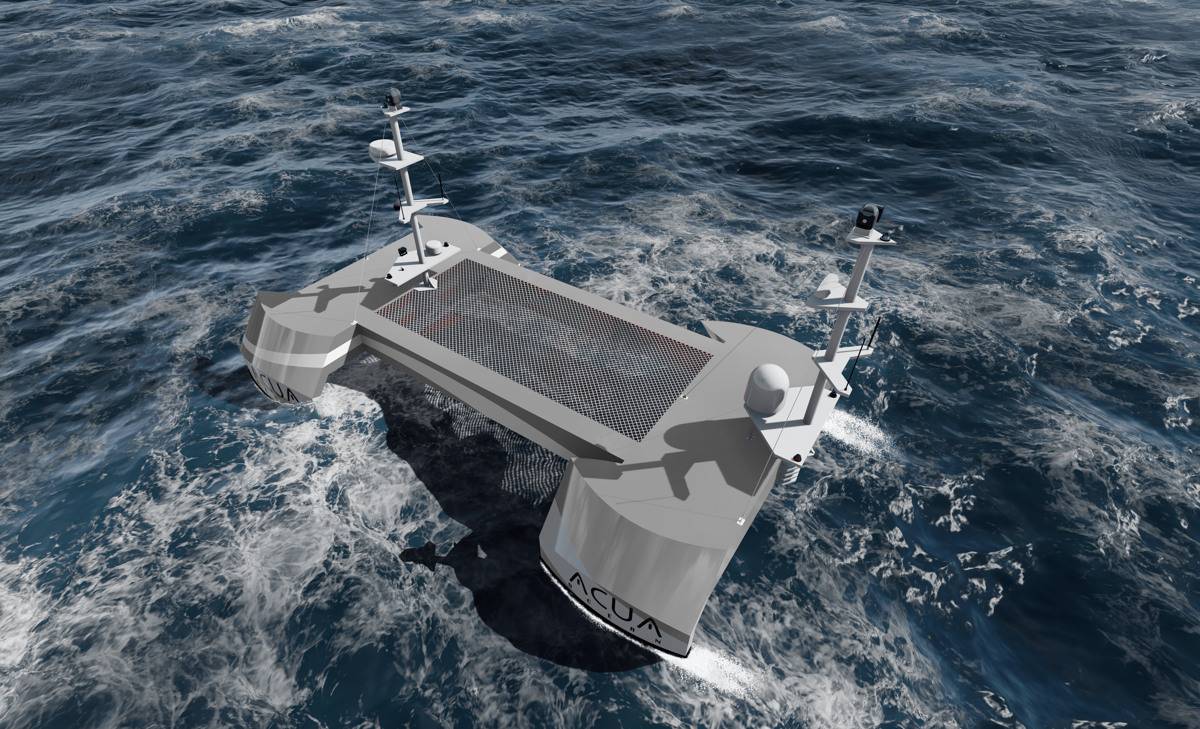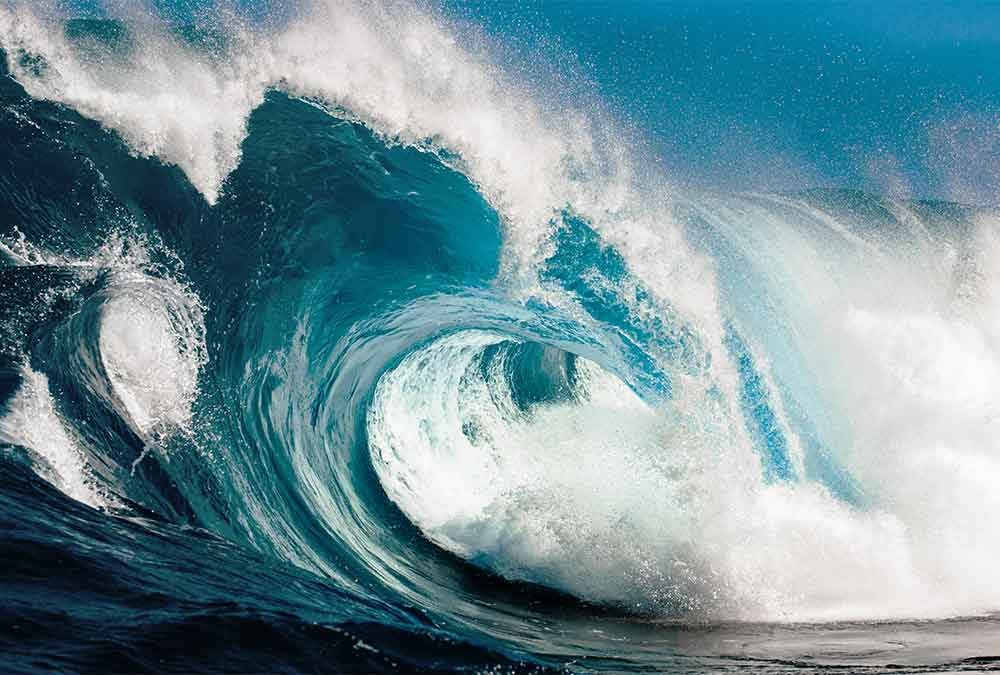
Uncrewed Surface Vessels: The Future of Ocean Exploration
As the world continues to grapple with the challenges of climate change, ocean exploration has become more crucial than ever. With the rise of uncrewed surface vessels (USVs), we are on the cusp of a revolution in the way we explore and understand our oceans. In this article, we’ll delve into the latest developments in USV technology and explore the potential of these innovative vessels to transform the field of oceanography.
The Pioneer-Class USV: A Game-Changer in Ocean Exploration
UK-based startup ACUA Ocean has recently unveiled its prototype USV, the Pioneer-class, which is currently under construction. This 14-meter vessel features a hybrid-electric propulsion system and is designed to be modular, allowing for easy customization and deployment of various sensor and system payloads. The Pioneer-class USV has already been granted a UK patent for its innovative small water-plane twin hull (SWATH) design, which enables exceptional seakeeping stability and performance.
The Pioneer-class USV under construction
Research conducted by the University of Southampton has shown that the Pioneer-class USVs outperform the seakeeping stability of a monohull vessel three times its length and ten times its displacement. This is a significant breakthrough, as it enables the USV to operate in harsh weather conditions and collect high-quality data in areas previously inaccessible to traditional vessels.
The Future of Ocean Exploration: Long-Endurance USVs
ACUA Ocean is not stopping at the Pioneer-class USV. The company is also developing a 24-meter long-endurance high-powered USV called Maelstrom, which is scheduled to enter service in 2026. The Maelstrom will deliver enhanced and scalable capabilities for a range of commercial and defense customers, further expanding the possibilities of USV technology.
 A rendering of the Maelstrom USV
A rendering of the Maelstrom USV
The implications of this technology are far-reaching. With the ability to operate for extended periods in harsh environments, USVs like the Maelstrom will enable scientists to collect data and conduct research in areas previously inaccessible. This could lead to breakthroughs in our understanding of ocean currents, marine life, and the impacts of climate change.
Conclusion
The development of USVs like the Pioneer-class and Maelstrom marks a significant shift in the field of oceanography. As these vessels become more advanced and widely available, we can expect to see a surge in ocean exploration and research. With their ability to operate in harsh environments and collect high-quality data, USVs are poised to revolutionize the way we understand and interact with our oceans.
 The ocean’s vast expanse
The ocean’s vast expanse
As we look to the future, it’s clear that USVs will play a critical role in shaping our understanding of the ocean and its many mysteries. With their innovative design and capabilities, these vessels are set to transform the field of oceanography and inspire a new generation of scientists and explorers.















